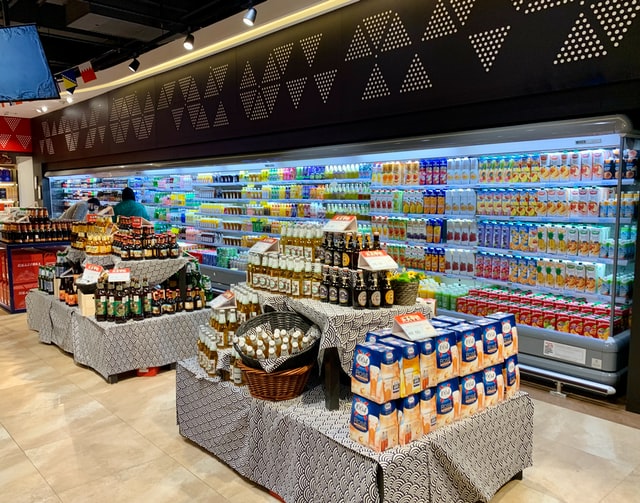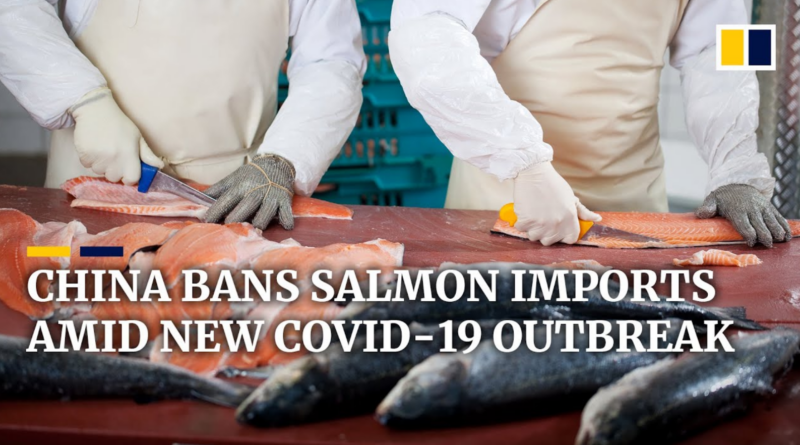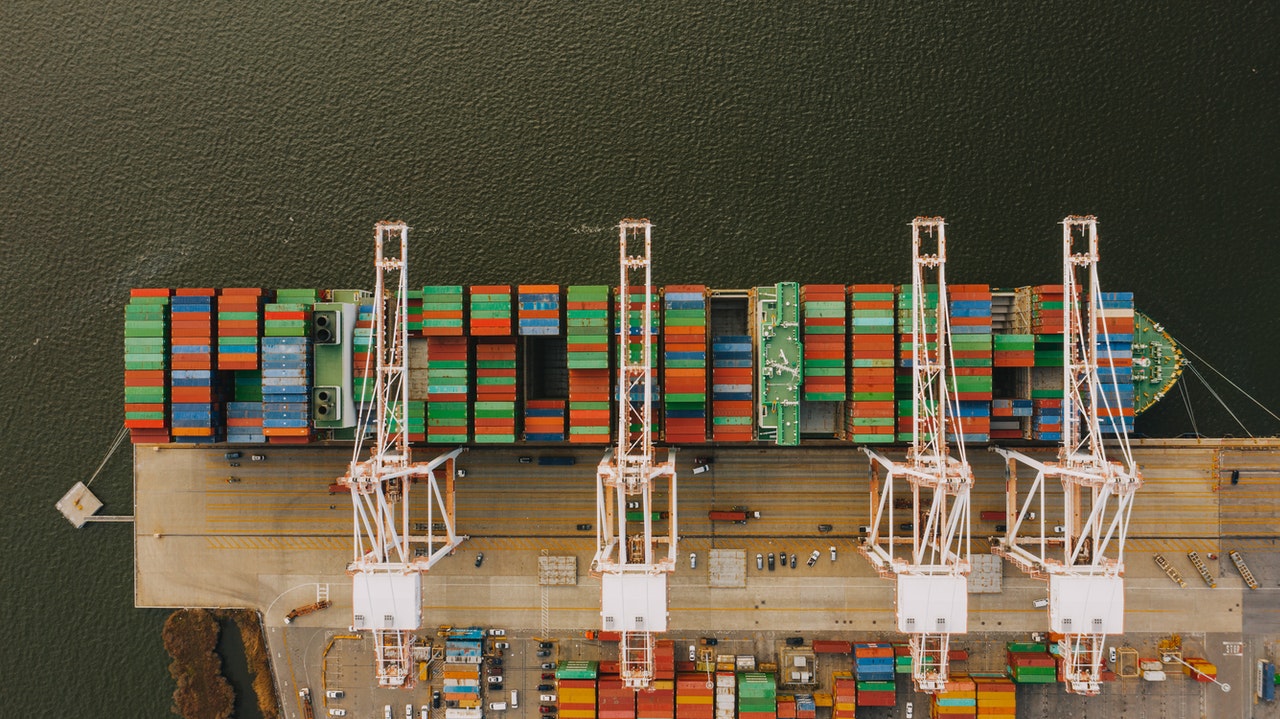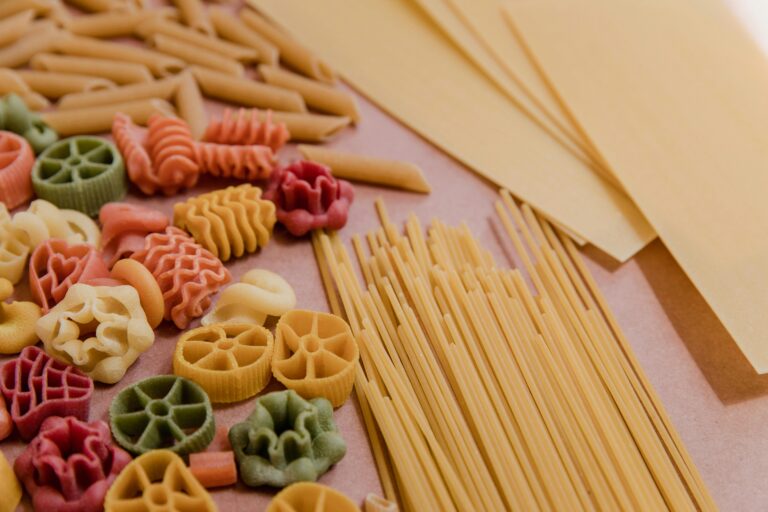On the 13th of April 2021, the General Administration of Customs of P.R. China (GACC) released two new decrees affecting the food import law. Taking effect on the 1st of January, 2022, decrees 248 and 249 are raising concerns and questions from food importers worldwide, as it is more and more difficult to pass “China’s Iron Gate”
These two decrees are affecting food product registration and labeling. While there are existing requirements for importing food into China, the new decrees are extending mandatory registration to new food categories and added requirements on packaging labels.
With these extra rules, businesses must prepare for potential supply chain disruptions. Starting from Q1 2022, importing food products have become more difficult.
In 2020, Chinese consumers bought US$108 billion worth of imported products, with imports growing 30% in the first three quarters of 2021.
For businesses operating in the F&B industry in mainland China, it is crucial to note that there has been more scrutiny for imported products and supply-chain disruptions due to the “Zero-Covid” policies.
Overview of Decrees 248 and 249 of China’s new food import law
China’s 2022 new food import law affects both the registration processes for imported food and the labeling requirements.
The GACC has provided little explanation as to why many new categories of food are included in the new registration process.
The detailed procedures showing how to obtain the new registration codes were issued in October 2021 (only two months before the new food import law takes effect), and the website for self-registration only went online in November.
Therefore companies should not hesitate to apply, as many are still in the process of waiting for approvals from relevant trade authorities (EU Chamber of Commerce in Beijing).
Decree 248 of China’s new food import law: updated registration process with GACC
One of the main objectives for this regulation is to lessen the verification burden on the Chinese side, by double-checking data with relevant overseas import-export institutions before submitting product registration to GACC.
Decree 248 requires export food and drink products for all overseas manufacturers, processers, and storage companies to be registered with the GACC.
A complete list of products being affected by the new food import law can be found within Article 7 of Decree 248. Companies who export products from this list to China must register through GACC.
This list of products includes: Most meat and aquatic products, cereals, dairy, nuts and seeds, coffee beans and more.

Decree 249 of China’s new food import law: New requirements on labeling
Improving food traceability is the main goal of this law, especially following the food scandals in China over the past years.
Related to labelling, meat and aquatic products should have the following data in both Chinese and English on outer and inner packaging.
- Country/Region of origin, product name, manufacturer registration number, and production batch number
- For meat: size, region of origin, destination (PRC), date of production, shelf life, and storage temp on outer packaging
- Seafood: Shelf life, storage condition, production method, region of origin, names of catching vessel, processing vessel, transportation vessel, storage, manufacturer registration number, and destination (PRC)
The updated information must also be printed on the smallest unit of packaging.
Examples of potential penalties if new food import laws are not obliged
Articles 23, 24, and 25 of decree 248, define potential penalties for overseas manufacturers.
Penalties can occur in cases where companies don’t meet the registration requirements and fail to rectify within the time limit imposed by relevant authorities.
It is important to note that the GACC can also suspend food imports at any time if the country of origin is affected by a serious epidemic situation or food safety issues.
A fine up to RMB 10,000 (around $1600) may be applied in the case of false or inexact information on packaging.
The GACC states that “Contents are subject to adjustment from China’s authorities”.
Prepare for potential supply chain disruptions in the F&B sector
Experts observing China’s new food import law say that the aim of these regulations is to place responsibility for food safety on manufacturers’ side, rather than on the Chinese government.
Andy Anderson, executive director of the Western United States Agricultural Trade Association (WUSATA), said that “We have never had anything this draconian out of China”.
These new requirements are affecting the F&B sector in China. A consequence being shelves usually full of imported products remaining empty for weeks.

More foreign companies complained about the short time allowed to adapt to these new rules.
Robert Maron, VP of International Trade at the Distilled Spirits Council of the United States said that “There is not a lot of time to understand what the requirements are and that is the main concern from our membership”.
On its side, the European Union has requested that Beijing postpone the measure by 18 months, without success. It is not clear if GACC will allow for a grace period for external entities to adapt.
Zero-COVID policy will continue affecting import-export activities
Concerns over the new food import law affecting F&B importers to China are arising.
Adding to the fact that they have already been struggling with unexpected control measures related to China’s strict zero-Covid strategy, with Beijing linking the virus to food imports since an outbreak blamed on imported salmon.

Any product entering China these days is subject to extra screening and disinfection, especially if a large outbreak is uncovered in the product’s country of origin.
Within Mainland China, disruptions are affecting global trade as major ports see the closure of terminals after local clusters are discovered. Recent examples include Ningbo, Shenzhen, Shanghai, Tianjin and Dalian ports.
These events and added import regulations may cause a significant slowdown of the economy, global trade, and food imports to China in 2022.
Key takeaways of China’s new food import law
- Starting from January 1 2022, a new food import law is affecting trade between foreign producers willing to sell in China.
- Made up of two main decrees, this law is having an impact on both the registration process for imported food and the labelling requirements.
- One of the main goal of this regulation might be to lessen the verification and control burden of imported food on the Chinese side.
- Chinese government is extra-cautious with imported food during the pandemic since it links some of the new outbreaks to frozen food.
- Potential penalties will apply if requirements are not met. Nevertheless, foreign companies were granted just two months to comply with new provisions, sowing discontent among F&B producers and importers.





